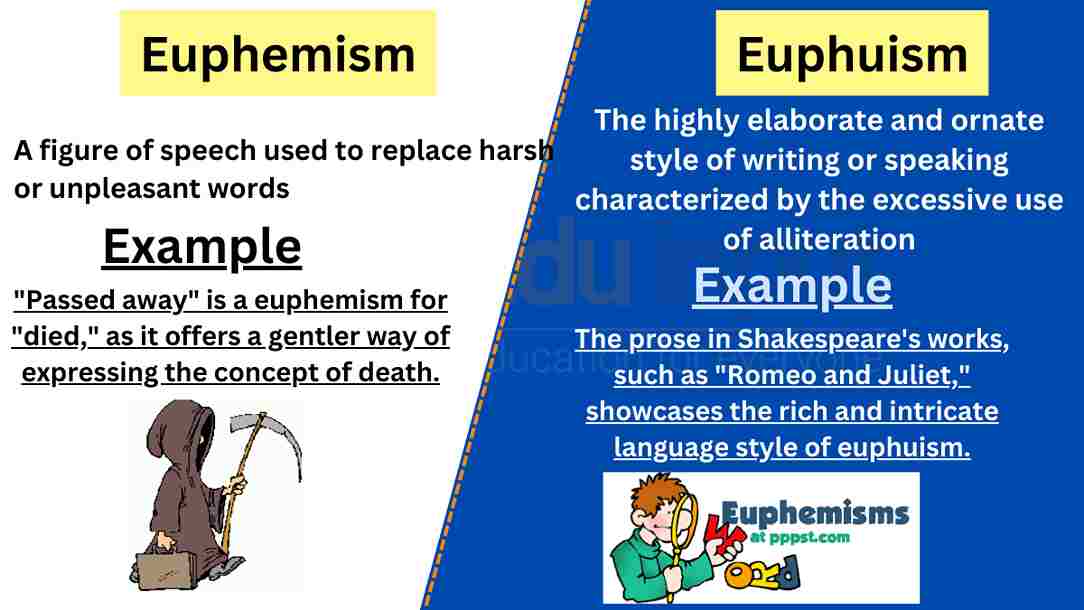Flagrant vs. Fragrant-Difference between and examples
The words “flagrant” and “fragrant” may sound similar, but they have distinct meanings and uses in the English language. Recognizing the difference between these terms is crucial for accurate communication and avoiding confusion. This article aims to shed light on the disparities between “flagrant” and “fragrant” through comprehensive definitions, illustrative examples, and practical insights. By understanding their unique connotations, we can use these words appropriately and express ourselves with clarity.

Meanings and Examples
Flagrant meaning
Flagrant describes something that is extremely or shockingly noticeable, usually in terms of an offense or wrongdoing.
Flagrant Examples
a) The politician’s flagrant disregard for the law led to public outrage.
b) The company was fined heavily for its flagrant violation of environmental regulations.
c) His flagrant display of arrogance made him unpopular among his peers.
Fragrant meaning
Fragrant refers to something that emits a pleasant or sweet smell.
Fragrant Examples
a) The garden was filled with fragrant flowers, enhancing the ambiance.
b) She applied a fragrant perfume before attending the special occasion.
c) The bakery’s fragrant aroma of freshly baked bread enticed passersby.
Difference between Flagrant and Fragrant
| Flagrant | Fragrant | |
| Meaning | Extremely noticeable, usually indicating an offense | Emitting a pleasant or sweet smell |
| Example | “The politician’s flagrant disregard for the law…” | “The garden was filled with fragrant flowers…” |
| Usage | Describes an offense or wrongdoing | Describes a pleasant aroma |
| Connotation | Negative connotation, indicating wrongdoing or offense | Positive connotation, indicating pleasant smell |
Usage in a Paragraph
The courtroom was filled with tension as the evidence against the accused was presented. The prosecution highlighted the defendant’s flagrant embezzlement of funds from the company, causing significant financial harm. The judge was appalled by the flagrant violation of trust and swiftly handed down a severe sentence. Outside the courtroom, the air was filled with the fragrant scent of blooming cherry blossoms, creating a serene atmosphere. Passersby paused to appreciate the fragrant aroma and admire the delicate pink petals. Despite the flagrant display of misconduct in the trial, the fragrant blossoms reminded people of the beauty and serenity present even in the midst of turmoil.
Distinguishing between “flagrant” and “fragrant” is essential for precise communication. “Flagrant” denotes something that is extremely noticeable, often associated with an offense or wrongdoing. On the other hand, “fragrant” describes something that emits a pleasant or sweet smell. By using these words correctly, we can effectively convey the nature of offenses or appreciate delightful aromas. Understanding the nuanced differences between “flagrant” and “fragrant” enhances clarity in communication and ensures that our intended meaning is accurately conveyed.







Leave a Reply